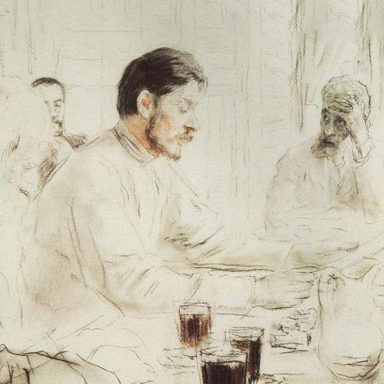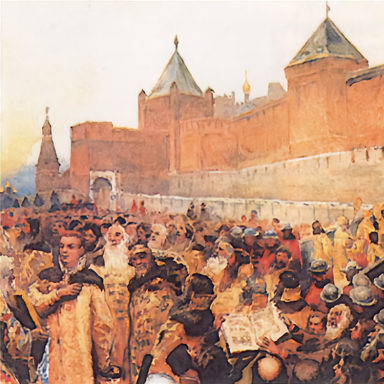Internationalism vs. Cosmopolitism

Within the research focus of the EUTIM project in 2023, internationalism and cosmopolitanism – a Latin and a Greek word that signify going beyond separate communities or settled individuals – will form the starting point for an investigation of asynchronous globalization processes in European countries before and after 1989. In exploring these concepts, we will look into their historical genesis and different cultural manifestations.
Both terms had their origin in the Enlightenment, but from the perspective of the history of ideas they are usually associated with the different political ideas of communism and socialist internationalism vs. liberalism and capitalist, de-regulated market economy. However, does this mean that, based on this experience, the post-socialist states must be understood, as suggested by I. Krastev, as countries with a prescribed internationalist past, at odds with the current push towards globalization, including increased migration movements? Or are internationalism and cosmopolitanism just two different terms for what are in fact similar processes – comparable to the subtle difference between “cosmonaut” and “astronaut” – whose associative spaces emerged in the ideological battles of the Cold War?
The history of ideas shows that internationalist concepts usually work with forms of belonging to a group or a unit (nation state, national literature, people, working class, student body, party, brotherhood, etc.). One must first belong to that unit before an imperative to connect with other members of a particular group can take effect (think of the “Workers of the world, unite!” in the Communist Manifesto). Cosmopolitanism, on the other hand, is associated with the concepts of particularity and singularity, which can extend as far as anti-Semitic accusations of rootlessness and network-based conspiracy. Thus, in contrast to socially and politically framed group-oriented internationalism, cosmopolitanism is shaped primarily in economic, cultural and theoretical terms. Cosmopolitanism does allow for more asymmetrical relations, but one usually becomes a cosmopolitan citizen of the world only through privileges such as access to education or travel opportunities. For this reason and in view of globalization, the critical discussion of the systemic connection between global working, subjectivation and (self-)optimization has been renewed through a discourse of cosmopolitanism (Behabib, Nussbaum).
Within the EUTIM 2023 research focus, reactions to the effects and tempos of globalization in East and West will be studied. We will examine more closely temporal thrusts of internationalist and cosmopolitan developments in East and West, especially in the interwar period and with regard to the seminal events of 1968 in East and West, where cosmopolitan and internationalist arguments became intertwined.







